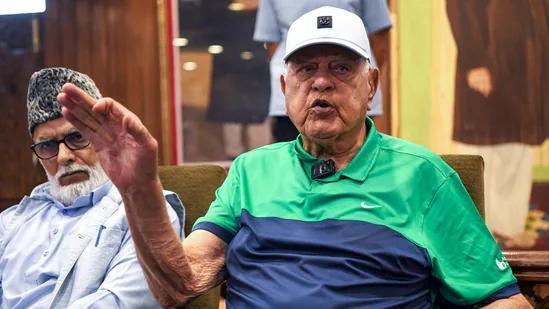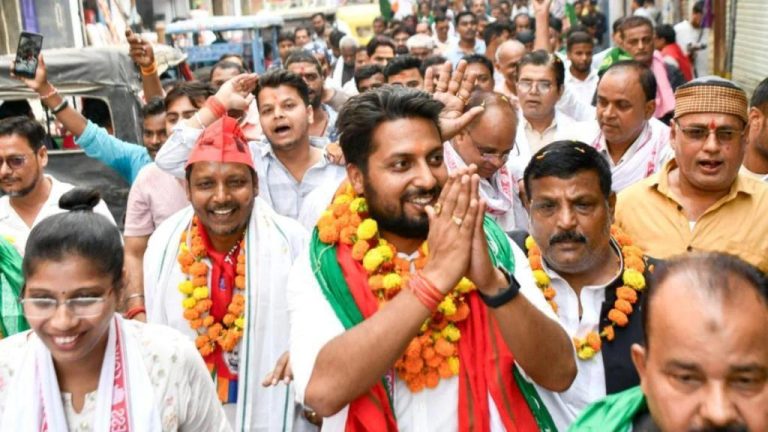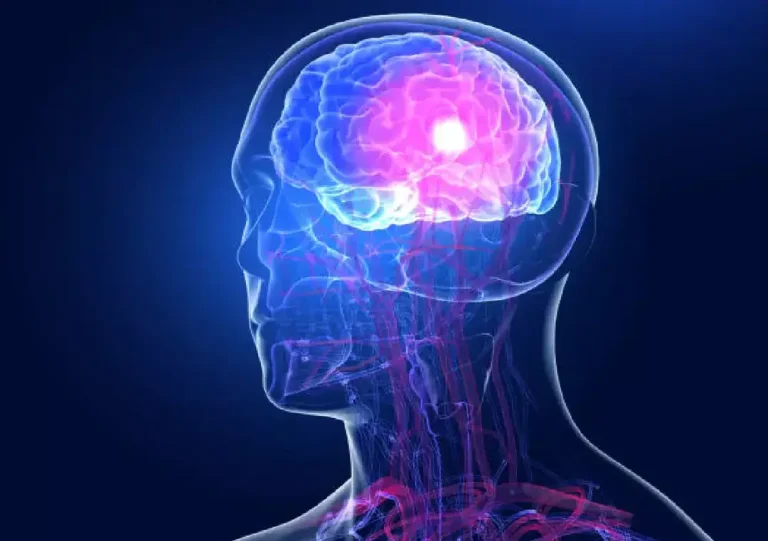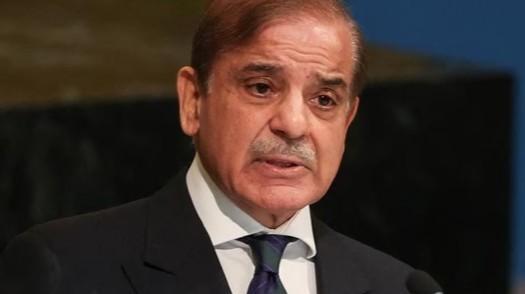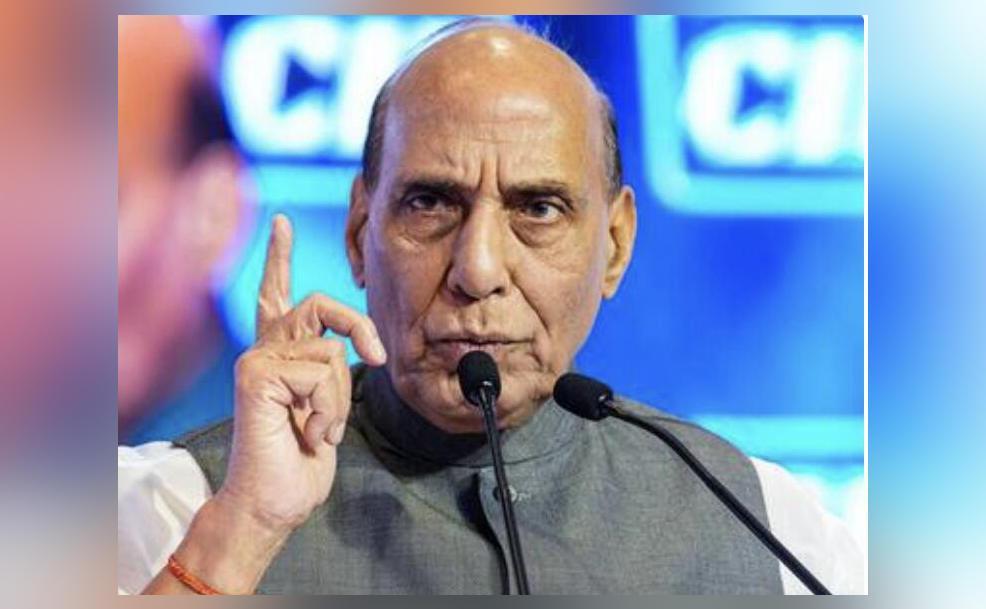
India: The Mother of Democracy, Pakistan: The Father of Global Terrorism
In a recent statement, Defence Minister Rajnath Singh sparked controversy by labeling Pakistan as the “father of global terrorism” while hailing India as the “mother of democracy”. Singh’s remarks came during a press conference where he emphasized the stark contrast between the two nations’ journeys since gaining independence.
“Pakistan has always given shelter to terrorists, trained them on its soil, and helped them,” Singh said, emphasizing the need to eliminate these terrorists. This statement is not an isolated incident, but rather a reflection of the long-standing tensions between India and Pakistan.
For decades, the relationship between India and Pakistan has been marked by conflict and hostility. From the partition of India in 1947 to the ongoing Kashmir dispute, the two nations have been at odds over issues of territory, religion, and politics. While India has emerged as a thriving democracy with a strong economy, Pakistan has struggled to establish a stable government and has become a breeding ground for terrorism.
The term “global terrorism” is often associated with extremist groups like the Islamic State (ISIS) and Al-Qaeda, but Singh’s statement specifically targeted Pakistan’s role in nurturing and harboring terrorist organizations. This is not a new accusation, as Pakistan has been accused of providing safe haven to groups like Lashkar-e-Taiba (LeT) and Jaish-e-Mohammed (JeM), which have been responsible for numerous attacks on Indian soil.
In recent years, Pakistan has faced international pressure to address its ties to terrorist organizations. The country has been placed on the “gray list” by the Financial Action Task Force (FATF), a global anti-money laundering watchdog, due to its failure to comply with international standards on combating terrorism financing.
Despite these efforts, Pakistan continues to deny any involvement in supporting terrorist activities. The country’s foreign minister, Shah Mehmood Qureshi, has repeatedly denied allegations of terrorism, calling them “baseless” and “unsubstantiated”. However, the fact remains that Pakistan has a history of providing support to terrorist groups, which has led to a significant number of terrorist attacks in India and other parts of the world.
In contrast, India has emerged as a beacon of democracy and stability in the region. The country has been recognized as the “mother of democracy” for its commitment to democratic principles and its ability to hold free and fair elections. India’s economic growth has also been impressive, with the country emerging as one of the fastest-growing major economies in the world.
The contrast between India and Pakistan is stark, and it is not limited to their political systems. India has made significant strides in areas like education, healthcare, and technology, while Pakistan has struggled to maintain a stable government and has faced significant challenges in these areas.
The implications of Singh’s statement are significant, as it highlights the deep-seated tensions between India and Pakistan. The two nations have a long history of conflict, and it is likely that Singh’s statement will be met with resistance from Pakistan. However, the statement also serves as a reminder of the need for Pakistan to take concrete steps to address its ties to terrorist organizations and to work towards a more stable and peaceful relationship with India.
In conclusion, Defence Minister Rajnath Singh’s statement is a reflection of the stark contrast between India and Pakistan. While India has emerged as a thriving democracy with a strong economy, Pakistan has struggled to establish a stable government and has become a breeding ground for terrorism. It is essential that Pakistan takes concrete steps to address its ties to terrorist organizations and to work towards a more stable and peaceful relationship with India.
